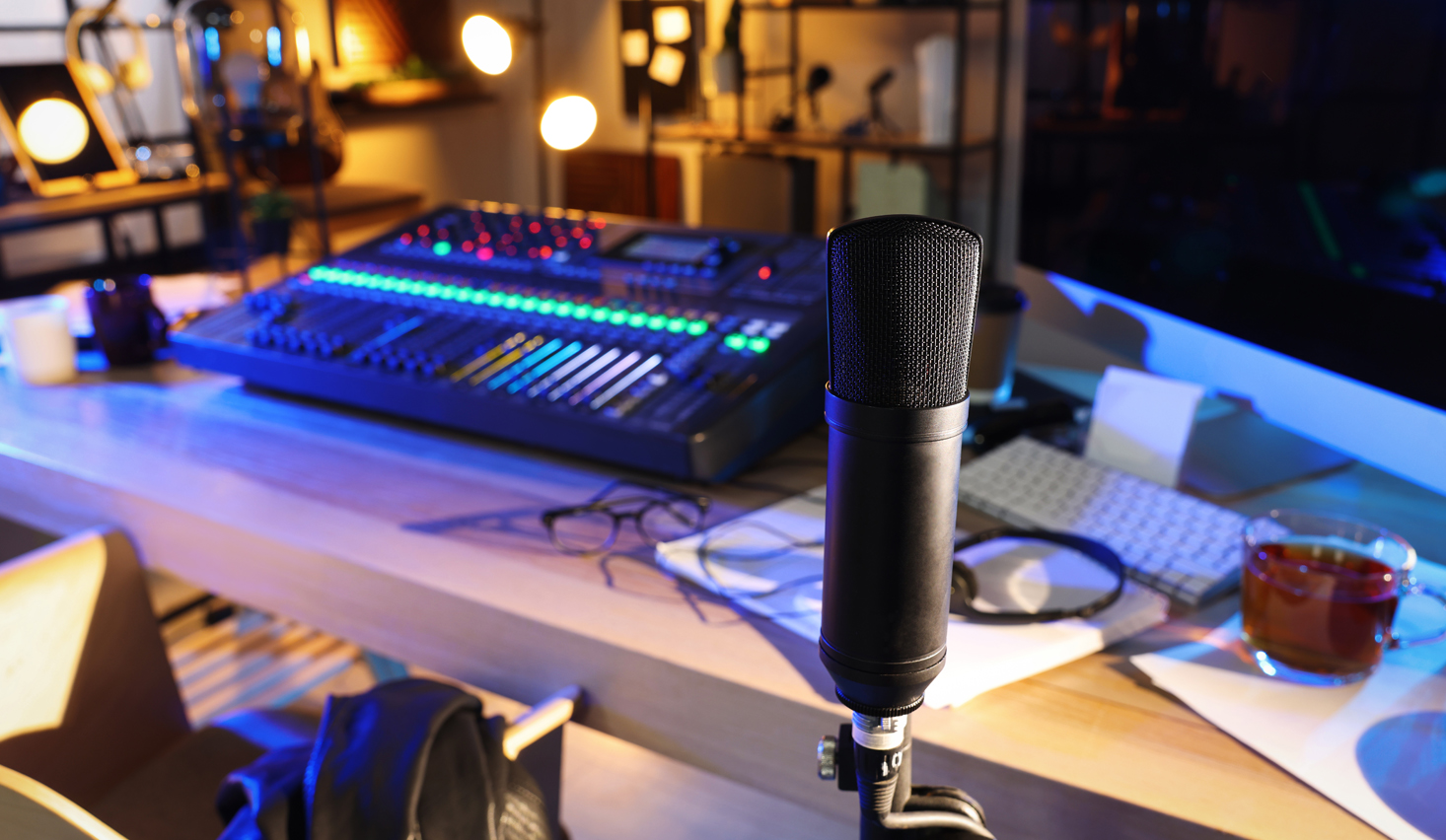
Local Radio Changes Mark The End Of An Era
The news that the BBC is reducing its local radio programming to streamline services and cut costs to create a “modern, digital-led” broadcast organisation strikes me as the end of an era.
Having cut my comms teeth back when we had daily conversations with news editors and reporters on local stations, the prospect that the BBC will be replacing a significant proportion of its local insight with syndicated national content across 39 stations in England is not a move that many would describe as progressive.
And it’s not just a misplaced sense of nostalgia here either. Local people talking local issues on local radio is a valuable asset. It’s essential for businesses who want to get their message out to the immediate community, and many people will undoubtedly miss it – not least the BBC journalists who stand to lose their jobs and will be among those striking next week in protest.
Their 48-hour walkout planned for 6 and 7 June will see reporters take action for the second time in three months in response to the planned changes for BBC radio stations across England.
Paul Siegert, NUJ national broadcasting organiser, said: “Local news is vital not just so people can be informed to be able to participate in local democracy, it binds communities together and for the many who will not be able to access local news digitally they will lose the familiar presenters who have become their friends.”
And he’s not alone in his views. Across the border here in Wales, there are organisations focused on championing and maintaining the role played by local radio. According to Tony Wyn Jones, chair of Wales Community Radio Network (WCRN), “Community radio is the mainstay of our communities and acts as the key connector in every region in Wales, providing up to date local information pertinent to their broadcast area.”
He says: “Many of our communities do not want to hear about stories relating to other parts of the UK or international news stories, and this is where community radio thrives, being able to engage their population on local issues – and providing a useful hyper local news and information service.”
The role of defending the BBC’s controversial decision for England has fallen to Wales’s own Rhodri Talfan Davies. As the BBC’s director of nations, he has the unenviable task of advocating for the positives that the corporation believes will come from syndicating the BBC’s local radio output and putting a greater emphasis on online content for local news.
Few would want to be in his shoes, despite his optimism for a local network that “combines brilliant broadcast and online storytelling”, which he expects to be “a trusted, essential guide to daily life for all our communities.”
The less than positive response to the proposed changes that were announced in October has led to an avalanche of complaints, not just from those working in radio but also from those listening to it. So much so that the BBC revisited its plans and adapted some of its proposals.
In a statement, Rhodri Talfan Davies said: “Of course, change is never easy – and we will work closely with all our colleagues to introduce these proposals sensitively and fairly. BBC Local Radio remains an essential service for millions of listeners – the very best local radio network in the world – but it’s also essential we make difficult choices that will enable us to reach out to many people that increasingly rely on their mobiles for local content.”
So that’s the nub of it….our mobile phones. But despite the advances in technology, nothing replaces the personality, quirks, humour, intelligence and warmth of a human being. It’s the presenter’s voice we recognise, the DJ-next-door who has given a shout out to a loved one and played our favourite track on the request show.
That connection with society is real and the BBC knows this from the findings of its BBC Loneliness Experiment, which was one of the largest surveys of its kind looking at the causes of loneliness and ways to prevent it. Radio came out as a key tool from the findings, showing, for some, it was a lifeline. People have it on night and day, from room to room, to distract themselves from the feelings of loneliness.
Of course, we can find all the information we need online, but sometimes we just don’t want to. Listening to the radio is often a passive exercise – we do it while gardening, while travelling, while pottering around the kitchen. We might get the same content on our phone, but we won’t get the same experience, that’s for sure, because the delivery is different. Our reliance on screen time is on the up, whether we like it or not. Yet much of what we read online tells us that we should be doing less of it. The irony is not lost on me.
This article was written by our chief executive, Angharad Neagle, and featured in the Western Mail on 29 May 2023
